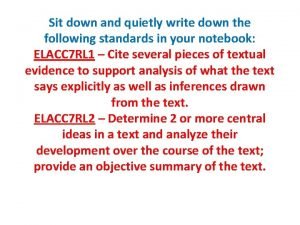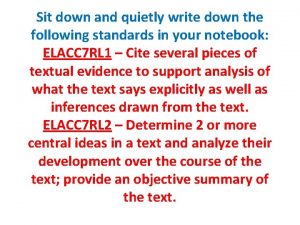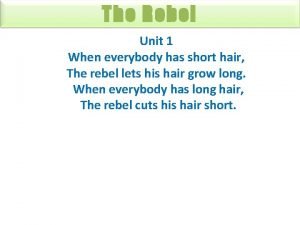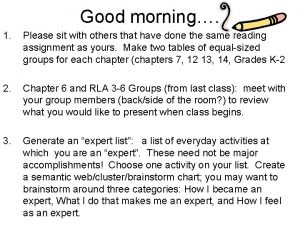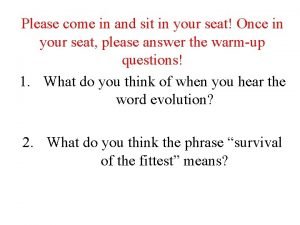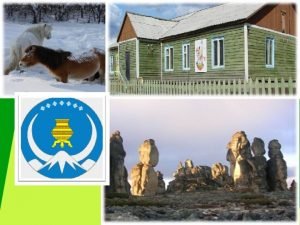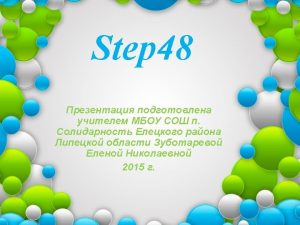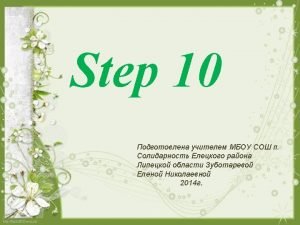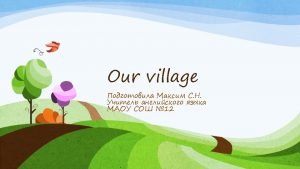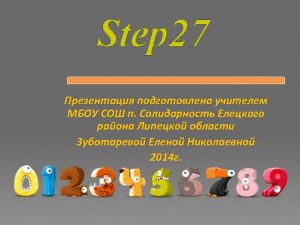Good Morning HR Sit down quietly and reflect
















- Slides: 16

Good Morning HR!!! Sit down quietly and reflect on the following quote before you start your day!

Warm-Up 8/18 List one physical, mental and social trait for a friend of yours. Briefly explain each.

Closing List 2 things you learned about character traits. How will this help you this year?

IFP 8/18 • 1 st we will play a game of Kahoot…. then… • Pull out your class assignments for “Raymond’s Run” and grab a literature book. • Complete numbers 1, 2, 3 and 4 on the 1 st sheet and then work on the character analysis. • We will move on to Theme tomorrow and all assignments will be due.

When your done with your assignments, do the following: 1) List 5 physical, mental, social traits about you. 2) Write a 1 page narrative about your first day of 8 th grade at DMS that reveals these traits about you. 3) You can NOT include the traits in a list. (Ex. I am 6’ 9, African American, a boy, athletic, tall and my first day at DMS was…). 4) It has to be written like a narrative.

Characterization

Character Trait • traits that form an individual that takes part in the action of a literary work.

TRAITS

Physiology: (Physical) focuses on the character’s appearance and outward attitude/mannerisms. • • • Gender: Age: Height and weight: Color of eyes, hair, and skin: Posture: Appearance (dress): Physical defects: Heredity: Body language (the way move their body)

Sociology: reputation of the character. This includes the social behavior, relationships of the character, his/her home location, types of job, family life, wealth (amount of money), and hobbies.

Sociology (Social ) • Social class: • Occupation: • Education: • Home life: – Who runs the house or supports the family through work or leadership? • • Religion: Place in Community: How they are viewed in society or by others. – Is this person liked/disliked in his/her home area? Is this person respected in his/her area? ) • Amusements, hobbies: – What does the character like to do:

Psychology: ( Mental) describes the character’s mental, emotional and behavioral state. • Moral standards – rules by which to live; good/evil; ethical/unethical; right/wrong: • Personal ambitions: • Frustrations/disappointments: • Sayings/Catch phrases: • Temperament: – Is this character mild mannered or hostile, outgoing, social, moody, loner (he/she keep to him/herself)

Create the following chart for Squeaky Physical Traits Social Traits Mental Traits

Character Types Dynamic Characters - Characters that DO change throughout the course of a story. (Round Characters)

Character Types Static Characters -Characters that DO NOT change throughout the course of a story(Flat Characters)

Analyzing Characters • Describe their traits • Notice their relations with other characters • Look at their motivations (what causes them to act in a certain way.
 Sit down quietly
Sit down quietly Sit down quietly
Sit down quietly Good morning good afternoon
Good morning good afternoon Good morning class!
Good morning class! Good afternoon teacher
Good afternoon teacher Class
Class Good morning i am fine
Good morning i am fine When others wear uniform the rebel
When others wear uniform the rebel Sit hand down
Sit hand down Good morning good afternoon good evening
Good morning good afternoon good evening Good evening good morning good afternoon
Good evening good morning good afternoon Good morning please
Good morning please Good morning sit
Good morning sit Sncc sit ins
Sncc sit ins Hi morning
Hi morning Come in and ....................... a seat!
Come in and ....................... a seat! Hey hey people
Hey hey people
